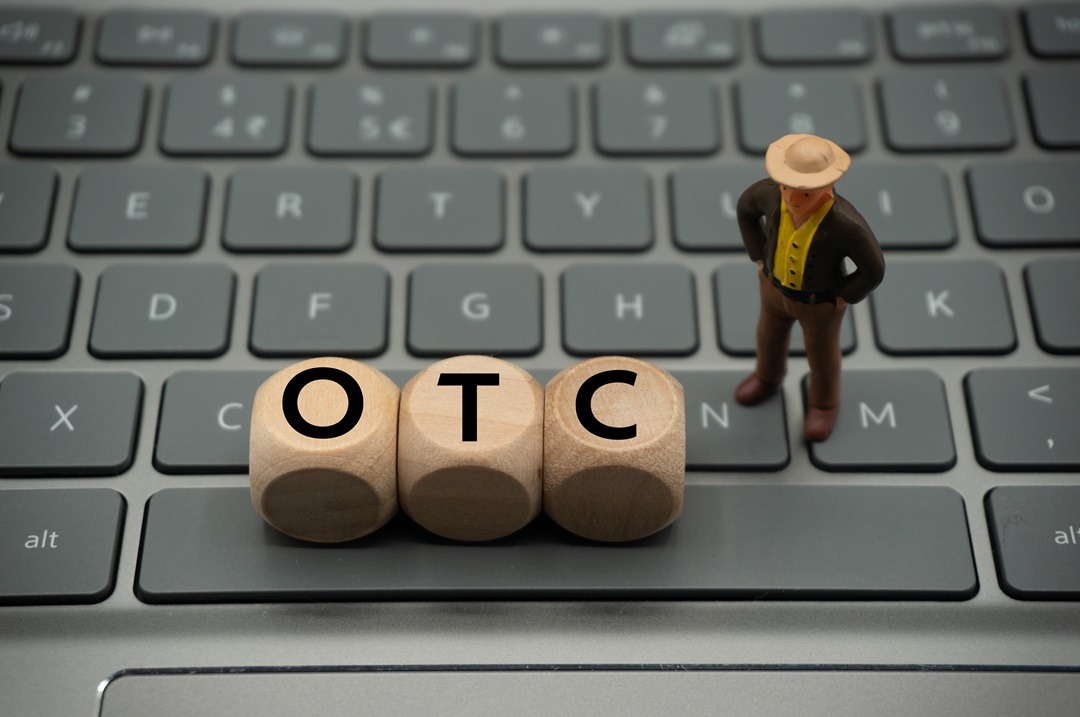B2B Banking and Money Transfer in 202314 min read
Reading Time: 5 minutesB2B banking refers to business-to-business (B2B) transactions involving the sale of goods and services between businesses for purposes of increasing revenue generation while improving efficiency. The purpose of these types of transactions is usually twofold – revenue generation as well as efficiency improvement.
Cash, checks, and credit cards are the three most prevalent payment methods used for B2B transactions, each offering distinct advantages.
What Does B2B Stand for?
Business-to-business (B2B) transactions refer to any business interactions that take place between two businesses rather than between an individual consumer and that same business.
Transactions could include services or products; for instance, providing web hosting or graphic design services directly to other companies would qualify as B2B activity; similarly a manufacturer of commercial original equipment manufacturer (COEM) equipment like construction vehicles, mining vehicles, diesel/natural gas engines or industrial turbines could sell these to other firms as B2B deals.
B2B transactions typically involve large orders or long-term contracts, and therefore companies involved have greater purchasing power and are often more stringent when it comes to quality products. Thus, it is critical for B2B vendors to build strong relationships with their customers and develop an in-depth knowledge of their needs as a business partner.
One effective solution is using a B2B payment solution. Such solutions simplify accounts receivable and payable management by automating payment processing, as well as decreasing risks of lost checks in the mail or making recording mistakes when transferring amounts directly to your bank account.

What is B2B Payment Method?
Payment methods used for B2B transactions often differ from those utilized in consumer sales transactions, due to B2B products often being sold through multiple channels and platforms, and often having more complex terms for payment.
B2B buyers typically pay with various methods of payment, including credit card and international payments. To speed up its transaction processes, companies should consider using a B2B payment gateway that streamlines workflow and expedites payment processing and strengthens vendor relationships.
Furthermore, using such an option can process invoices 74% faster while relieving accounts payable departments from unnecessary work loads.
As The Guardian Bank, we offer business-to-business (B2B) transactions with digital banking dynamics.
What is B2B Money Transfer?
Business-to-business (B2B) payments are large payment transactions between two businesses that occur between them, either regularly or occasionally depending on what has been agreed between buyers and sellers.
They can take the form of ACH transfers, wire transfers or credit card payments with credit cards being particularly popular with B2B buyers as they allow flexible payment terms while simultaneously increasing cash flow.
However, they can become costly to process if processed at scale; each hard copy check typically costs $2 to process; this cost quickly adds up. As a result, many companies are turning towards digital payment solutions which offer lower costs while improving efficiency.
The two most frequently utilized digital B2B payment types are automated clearing house (ACH) transactions and wire transfers.
ACH – or automated clearing house – payments use electronic funds transfer with routing numbers and bank accounts as means for moving money between businesses; while wire transfers offer more secure methods and are usually reserved for high-value payments.
How Does B2B Payment Processing Work?
Business-to-business (B2B) payments differ significantly from consumer ones as they often involve multiple recurring transactions that utilize credit cards; unlike consumer payments which tend to involve one-off transactions with credit cards and one-time use of wire transfers or cash, which makes B2B payments more complex to process due to invoices and payment reminders.
Furthermore, more often than not these types of transactions involve non-card payment methods like wire transfers and cash.
No matter their complexity, B2B payments should always place security as their top priority. A robust payment system should offer protection from fraud and data breaches for businesses.
A great B2B payment solution should offer maximum flexibility and control when making payments, particularly with recurring invoices or payments processing.
To ensure smooth B2B payments processes, opt for payment gateways that support both ACH/check payments as well as payment automation; then businesses can focus on what makes their products and services unique.
What is an Example of a B2B Banking Transaction?
Business-to-business (B2B) transactions refers to trades conducted between businesses rather than directly between a company and individual consumers.
Examples of B2B trade include those between auto industry companies, property management firms, housekeeping businesses and industrial cleanup services; they may also involve wholesale trade between manufacturers who need raw materials like bicycle tires or coffee beans in order to produce final products for sale.
B2B customers typically have large budgets and depend on their services heavily, making customer service an integral component of B2B companies’ offerings. Customers rely heavily on information found on websites for making purchasing decisions, so customer satisfaction should always be prioritized over profit-maximizing goals.
As B2B transactions can have such an enormous impact on a business’s cash flow, they require careful management in order to prevent their expenses becoming an unmanageable burden. One effective solution is using an online credit card processing service with automated online payments and reconciliation features – this will lower transaction costs while providing peace of mind that invoices will be paid on time.
If you have questions about business-to-business (B2B), you can reach The Guardian Bank for detailed answers.

What is a B2B Wallet?
B2B wallets are online payment platforms that connect businesses’ accounting modules with bank accounts and cards for payment processing, streamlining B2B transactions in multiple currencies while making supplier payments easier than ever.
Global digital wallets offer secure storage of e-cash balances, credit and debit cards, event tickets, transportation passes and identity documents using blockchain technology to prevent any tampering during transactions. They can be easily accessed on smart devices like tablets or smartphones for easy use.
Precisionpay, a B2B virtual card linked to specific purchases that automatically reconciles booking data, eliminates manual reconciliation and reduces transaction costs by eliminating currency conversion fees – especially beneficial for businesses that deal internationally, where these can often be quite high.
Another solution for B2B payments is an international B2B payments service offering lower fees than traditional bank wire transfers.
As The Guardian Bank, you can access whatever you need in the financial arena through our digital banking services.
Most Used B2B Banking Payment Methods
B2B transactions tend to be more complex than business-to-consumer (B2C) payments and often necessitate specific payment methods; for instance, buyers often purchase on terms such as net 30, which gives them up to 30 days to pay their inventory bill.
Wire transfer payments are an increasingly popular means of B2B payment. This bank-to-bank transfer typically incurs an ACH or wire fee on both parties involved; however, this method can be expensive and time consuming for businesses so they should carefully consider all their payment options before deciding.
If you’re seeking to improve the way that B2B payments are accepted, consider implementing a digital payment system which automates processes such as invoicing and payments. This can help avoid payment delays while improving cash flow – not to mention reduce manual work for your team and costs associated with paper checks!
Alternatively, encouraging buyers to store their credit cards and charge automatically whenever a payment is due can save them both time and effort while decreasing overdue invoices.
As The Guardian Bank, we are aware of finance terms such as business-to-business (B2B). We can be your guide in your business-to-business (B2B) transactions.
The Guardian Bank B2B Banking Investor Access
The Guardian Bank Bank’s Investor Access is a secure online portal that enables you to view your investment account holdings, balances and transaction history. In addition, you can access contribution tax receipts, information on distributions/dividends/capital gains tracking as well as sign up for electronic delivery of statements/trade confirmations/tax slips making managing investments even simpler!
Mutual fund investing can be an excellent way to diversify your portfolio and potentially grow wealth, but it’s essential that you understand its risks before deciding. Talking with a financial advisor and exploring all available investment solutions may help find one tailored specifically to meet your goals.
As The Guardian Bank, we are at the service of those who need business-to-business (B2B) transactions and have questions in this field.



